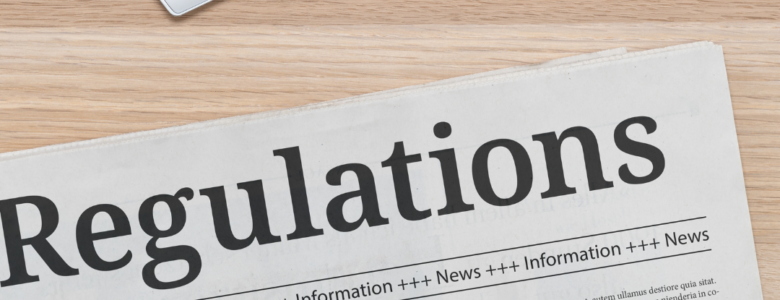When considering a reverse mortgage, understanding the regulatory landscape is essential for peace of mind and financial security. But who exactly oversees reverse mortgage lenders? Let’s delve into the regulatory framework governing this financial product.
Federal Oversight
The primary regulatory body overseeing reverse mortgage lenders is the Federal Housing Administration (FHA), a part of the U.S. Department of Housing and Urban Development (HUD). The FHA insures most reverse mortgages through its Home Equity Conversion Mortgage (HECM) program, setting guidelines and standards to protect borrowers and ensure fair lending practices.
Consumer Financial Protection Bureau (CFPB)
The CFPB plays a crucial role in regulating financial institutions and protecting consumers’ interests, including those considering reverse mortgages. It oversees compliance with federal consumer financial laws, conducts examinations, and takes enforcement actions against lenders engaging in unfair, deceptive, or abusive practices.
State Regulations
In addition to federal oversight, reverse mortgage lenders may also be subject to state regulations governing mortgage lending practices. State regulatory agencies enforce laws related to licensing, consumer protections, and disclosure requirements, providing an additional layer of oversight to safeguard borrowers’ interests.
National Reverse Mortgage Lenders Association (NRMLA)
While not a regulatory body, the NRMLA serves as a professional trade association representing the reverse mortgage industry. It establishes ethical standards, best practices, and educational resources for industry professionals, promoting responsible lending and consumer protection.








